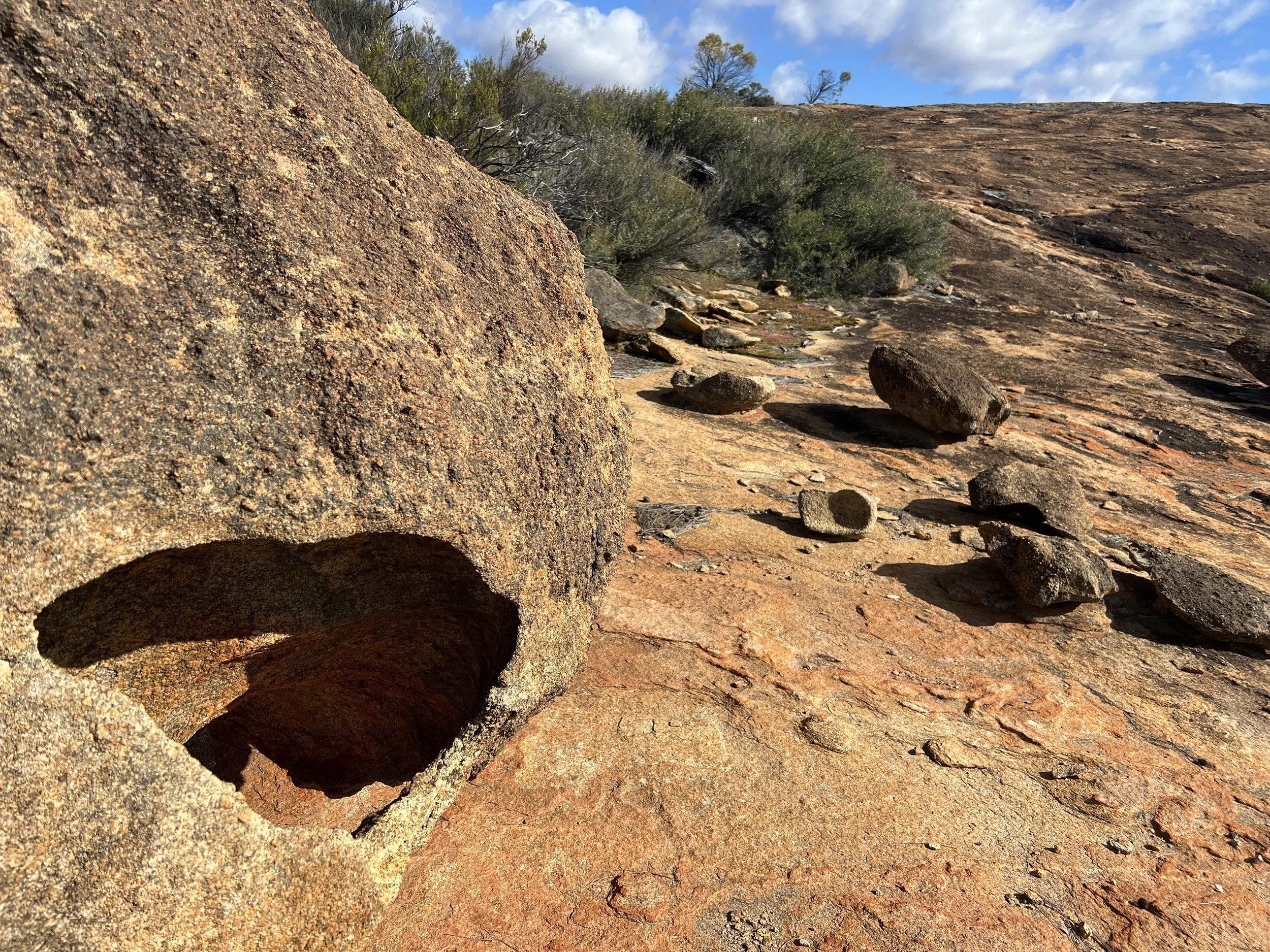Finding The Right Fit
Something I always tell people who are starting therapy is this: not every therapist is going to feel like the right fit. And that includes me too.
Therapy is not a one-size-fits-all experience. What really matters is the relationship you build with your therapist — what’s often called the therapeutic alliance. Research consistently shows that this alliance is the biggest factor in whether therapy is helpful. More so than specific modalities and techniques. More so than the years of training. It really all comes back to whether you feel safe, understood and supported.
What if I don’t click with my therapist?
If you ever find yourself in therapy thinking “I’m not sure about this…”, that’s OK. It doesn’t mean you’ve failed or that therapy isn’t for you. It might just mean the fit isn’t quite right. As a therapist, I actually want clients to raise this with me. I know it can feel awkward, even scary, but naming what doesn’t feel right is such a powerful step in itself. Here are a few examples of the kinds of things you might say:
“Hey, the way you phrased that stung a bit.”
“I don’t really want to talk about this yet – it’s getting too deep too quickly.”
“I’d rather just talk things through freely for a bit before answering lots of questions.”
Saying things like this gives us a chance to adjust together, and it’s also a way of practicing voicing your needs in a safe space. Sometimes, that very conversation is what helps the relationship grow stronger.
Of course, there are times when the mismatch is something I can’t change. Maybe my style isn’t what you need, or maybe my approach just doesn’t land for you. And that’s completely valid. Therapy should serve you, not the other way around.
Any good therapist wants you to find someone who feels like the right fit. Your wellbeing is the priority, and the best outcomes happen when you feel truly comfortable with the person sitting across from you.
So if you’re in therapy and not sure about your therapist, I encourage you to:
Reflect on what feels “off,” e.g. style, personality, pace.
Talk about it if you can. It might open up new ground.
Give yourself permission to change. You’re allowed to move on and try someone new.
A picture I took from Cave Hill Nature Reserve, one of the largest and highest granite outcrops in the Goldfields region
How do I find the right therapist?
Looking for a therapist can feel a bit overwhelming. There are a lot of options out there, and sometimes all the acronyms and profiles start to blur together. Here are a few things that can make the process easier:
Think about your goals. If you’re clear on what you’d like support with (e.g. grief, relationships, disordered eating, anxiety) then it makes sense to look for someone with experience in that area. It’s also OK if you’re not sure yet either. Many therapists have broad experience and can help you figure it out together.
Consider your practical needs. Do you prefer in-person sessions, or is telehealth easier for you? Do you need phone sessions, or home visits/mobile outreach because of your circumstances? Thinking about the format that feels most doable can help narrow things down.
Check your funding options. Some therapists (me included) are eligible for Medicare Provider Numbers, which means their clients can claim Medicare rebates with valid plans. Do you have/are you eligible for a Mental Health Treatment Plan? Does your private health insurance offer rebates for psychology sessions?
Make use of consult calls. Many therapists offer a free brief call so you can ask about their approach, experience, or even just to get a feel for their personality. Don’t be afraid to ask things like:
“What kind of clients do you usually work with?”
“What’s your style in the therapy space?”
“How do you usually start with new clients?”Pay attention to how you feel. Beyond the logistics and the qualifications, notice your gut reaction. Do you feel heard and respected? Do you sense that you could be yourself with this person? That instinct is usually the best guide.
If you’re in Kalgoorlie, I’ve compiled a list of local public and private services on this page here. Feel free to reach out and see whether they can meet your needs.
Remember, it’s OK to “shop around.” You’re not locked in after one call or one session. Sometimes it takes meeting a couple of therapists to find the one who feels right.
Final thoughts
Therapy works best when you feel safe, understood and gently challenged. That doesn’t always happen with the first person you meet, and that’s OK. It’s completely normal to shop around for the right therapist. The most important thing is that you end up with someone you like, trust, and feel you can be real with. That’s where the real work happens. All the best in your journey!
